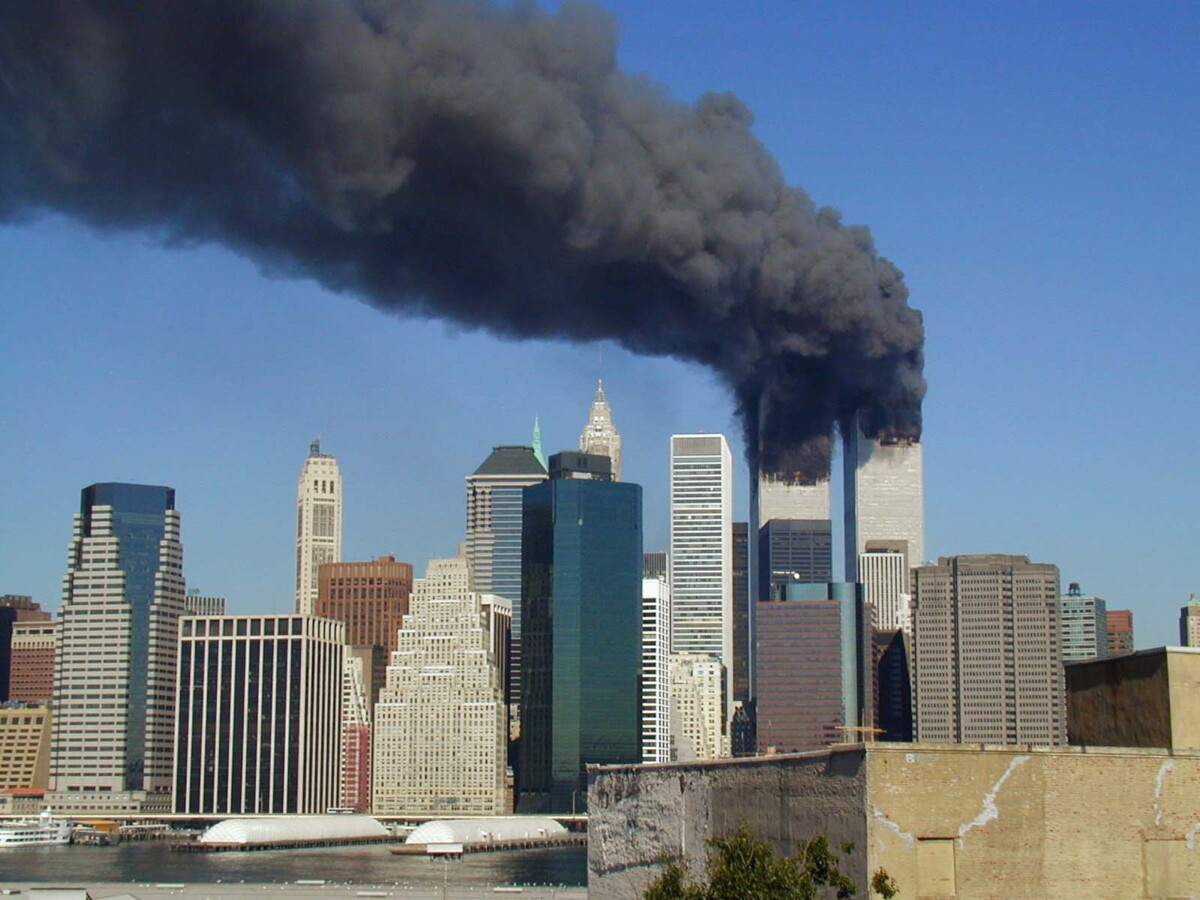
This past weekend three former presidents and the current chief executive attended events to commemorate the twentieth anniversary of the attacks of September 11, 2001. Millions of others watched on television. Commemorations took place not just in the United States. Queen Elizabeth II requested that the Coldstream Guards at Windsor Castle play the “Star Spangled Banner” during the changing of the guard, just as she had done twenty years ago. And these were just a few public gatherings that marked the anniversary of a truly global event. It is important to remember that the victims came not just from the United States but around the world.
The arrival of September 11 on the calendar each year for the past two decades has always brought with it sadness and introspection but this year’s commemorations seemed different in some subtle way. After twenty years the events of September 11, 2001, at least to many, seem to have transitioned from current events to history. I have noticed over the past several years that when the topic of 9/11 arises, often as a topic for an assignment or research paper, that student recollection of the World Trade Center and other 9/11 attacks has grown increasingly vague. That is because most college-age students today were so young when those events took place. Today’s freshman and sophomores were not even yet born. To them—perhaps you, if you are one of those students—9/11 plays the roll that Pearl Harbor, the John F. Kennedy assassination, and the 1986 Challenger explosion play for previous generations. As I point out in the introduction to this research guide I recently created for those interested in exploring 9/11 more fully, many City Tech staff and faculty still working at the college today were here on that morning twenty years ago. I personally was not at the college yet, but I was living in Brooklyn and recall it all quite vividly. I noted to myself this past Saturday that the sunlight, weather, and cloudless sky were eerily familiar to the way they had been on that day. When I mentioned that to others, they said the same thing.
One of my colleagues told me of the college’s closing early that day, and how he and several others walked to a faculty member’s nearby apartment to watch the news unfold and to plan for how to get home. This was an issue because it was unclear at the time which public transportation might be operating and which might not. Could one get across the Hudson River and back home to loved ones in New Jersey? Were the commuter trains running to Westchester, Long Island, and Connecticut? And what about even the buses and subways? No one was sure. Communication itself was difficult if not impossible. So many were trying to reach friends and family that cell phone connectivity largely collapsed. This was especially true for millions in the Greater New York area because much of much of the communication infrastructure had been atop the Twin Towers themselves and thus destroyed. I recall that even on my landline at home I could make and receive calls to certain people out-of-state but not to others. This went on for several days. The internet was still a fairly new technology, and social media as we know it did not even exist. My own cable-less television lost its transmission and I was reduced to listening to commentary, much of it hearsay and speculation, on the radio. This was immediacy of that morning.
Nearly 3000 people lost their lives in the attacks here in New York City. People today might not realize how much worse it almost was. Many at the time feared the number might be closer to 40,000 or higher. Nearly 50,000 individuals worked in the Twin Towers. Many though were not yet at their desks because it was still early, an election day, and also the first day of school for many districts. Parents taking their children to school had not yet arrived. What is more, security officials at many of the organizations within the towers had also done a good job updating their emergency and evacuation plans in the eight years since the 1993 bombing of the same site. It is still unnerving to think of how much worse it all could have been. That does not even get into events at the Pentagon and aboard Flight 93 that crashed in rural Pennsylvania.
Twenty years is a long time—a lifetime for many. With time comes at least some perspective. Still, it never really gets easier. The events of 9/11 are something that will always stay with me, as they will for millions of others.



